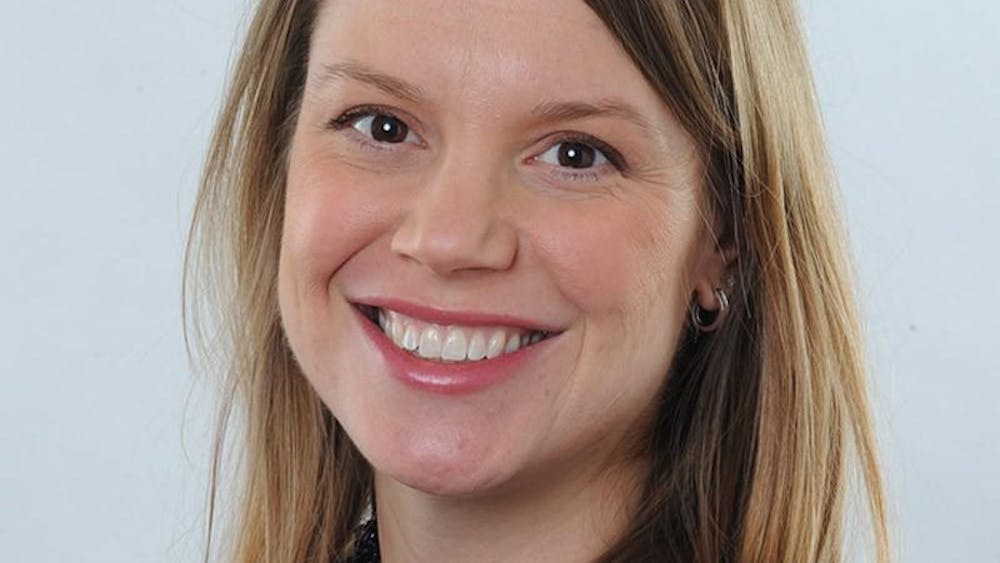At the shallowest margins of cultural discussion, serious implementations of tolerance are ignored in favor of power exhibitions on the future of retail slogans. That is essentially how two seasonal greetings of goodwill, “Merry Christmas,” and “Happy Holidays” have come to be seen as conflicting symbols of the different societal ideals.
As easy as it would be to continue while making the accusation this is an inflation of a non-issue, I suspect there is something more fundamentally important being addressed through the tensions surrounding public displays of holiday spirit.
The want to de-emphasize Christmas to stress inclusiveness has the same admirable intentions which fuel broader measures towards secularization and multiculturalism. As understandable as these intentions are, the neglect of consequences and cultural well being cannot be overlooked.
Lest I be accused of not being forthcoming, I will say simply I support giving public primacy to Christmas because it matters more to Western Civilization. A Western country refusing to be Western is not a repudiation of ethnocentrism, it’s a mandate of incoherence.
It has been convincingly argued that without the very religion, preparing to celebrate the birth of God Incarnate, Western Civilization would not exist in any recognizable form. This position was advanced by historian Christopher Dawson, whose work was acknowledged by T.S. Eliot as being highly influential to his own writings on culture and Eliot’s debt is evident.
This thesis is hardly unique. Contemporary Italian philosopher and politician Marcello Pera has vocally supported it, saying in a speech given in Washington D.C.
“This is where secularism has led Europe: out of Christianity, out of the West, out of its own history.”
The reality that Christianity has a unique relationship with the West is implicitly admitted by most American proponents of liberal secularism. While Christianity is free to be vilified, even the most sociopathic strands of religions perceived as foreign are defended with vigor. New York Times columnist Nicholas Kristof went as far as to label critic of radical Islam Ayaan Hirsi Ali a “provocateur” and insinuate she was responsible for her own death threats for “antagonizing” people.
This apparent double standard highlights the typical comfort one has when criticizing one’s self as opposed to confronting another. Of course, the order is improperly arranged. Christianity isn’t the product of the West and free to be treated as Western property. The West is a product of Christianity and can only exist as a consistent entity by this acknowledgment.
The remaining caveat is the claim elevating one religious tradition over others, in the context of a given culture, is exclusionary. That is, to say “Merry Christmas” is to demean other existing customs. This vindictive argument refuses to consider the universal benevolence of positive affirmations of tradition and culture.
While the French born traditionalist and convert to Sufism, Rene Guenon, meandered at times toward being a charlatan, he keenly observed traditional cultures mutually understand one another. I feel far more kinship with visible Islamic and Jewish displays of piety and custom than with the mutated modern Western practices divorced from their own foundations.








